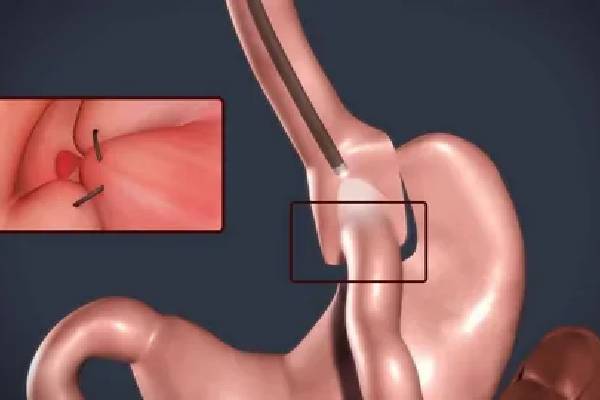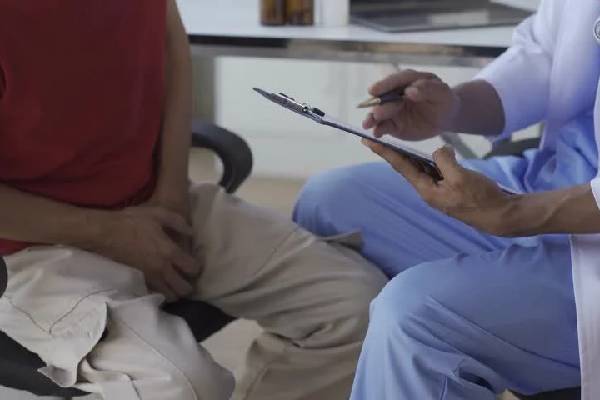Which Countries Require Vaccinations for Entry? A Comprehensive Guide
Traveling internationally is an exciting experience, but understanding the health requirements of your destination is essential to ensure a smooth journey. Many countries require travelers to provide proof of specific vaccinations to enter. This guide provides a detailed overview of which nations enforce Travel vaccination requirements and what you need to know before traveling.
Understanding Vaccination Requirements for International Travel
Vaccination requirements are designed to prevent the spread of infectious diseases and protect public health. Countries may mandate vaccinations based on factors such as the prevalence of certain diseases, the season of travel, or the traveler’s point of origin. Here is a detailed breakdown of the key vaccination requirements for travelers across various regions.
Africa: Vaccination Requirements
Africa has some of the strictest vaccination requirements, primarily due to the prevalence of diseases like yellow fever.
- Yellow Fever Vaccine:
Many African countries, such as Kenya, Ghana, and Nigeria, mandate proof of yellow fever vaccination for entry. The vaccine is typically administered at least 10 days before travel, and travelers must carry a valid International Certificate of Vaccination or Prophylaxis (ICVP). - Malaria Precautions:
While not a vaccine, anti-malaria medications are highly recommended for travelers to African nations. Consult with your doctor for the best prophylactic regimen. - COVID-19 Vaccination:
Proof of COVID-19 vaccination is required in some countries, especially for unvaccinated or partially vaccinated travelers.
Asia: Countries with Mandatory Vaccinations
Asia is a diverse continent with varied health requirements depending on the destination.
- Japan and South Korea:
Generally, no mandatory vaccinations are required for entry. However, travelers should ensure their routine immunizations, such as measles-mumps-rubella (MMR), are up-to-date. - India:
Proof of yellow fever vaccination is mandatory for travelers arriving from countries where yellow fever is endemic. Hepatitis A and typhoid vaccines are strongly recommended. - Thailand and Indonesia:
While these countries do not impose strict vaccination requirements, travelers are advised to have vaccinations for hepatitis A, hepatitis B, and Japanese encephalitis.
South America: Entry Vaccination Rules
South America is another region with vaccination mandates aimed at preventing disease outbreaks.
- Yellow Fever Vaccine:
Countries like Brazil, Colombia, and Peru require proof of yellow fever vaccination for travelers coming from high-risk areas. This is especially important for those planning to visit the Amazon region. - Typhoid and Hepatitis Vaccines:
Although not mandatory, vaccines for typhoid and hepatitis A are recommended due to the risk of foodborne illnesses. - COVID-19 Vaccination:
Most South American countries require proof of COVID-19 vaccination or a negative test result upon entry.
North America and Europe: Minimal Vaccination Requirements
Traveling to North America and Europe typically involves fewer mandatory vaccinations. However, certain precautions should still be taken.
- United States:
While there are no general vaccination mandates, proof of COVID-19 vaccination may be required for non-citizens. Additionally, routine vaccinations, such as influenza and MMR, are recommended. - European Union (EU):
EU countries have uniform health guidelines for travelers. Vaccinations for diseases like hepatitis A and influenza are advisable, especially for those traveling during winter or to rural areas.
Oceania: Australia and Pacific Island Nations
- Australia:
Vaccinations are not generally required for entry. However, travelers should ensure they are up-to-date on routine immunizations and consider hepatitis A and typhoid vaccines if planning outdoor activities. - Fiji and Papua New Guinea:
Proof of yellow fever vaccination is mandatory for travelers arriving from endemic regions. The risk of mosquito-borne diseases like dengue fever also makes preventive measures essential.
General Tips for Staying Healthy While Traveling
- Consult a Travel Clinic:
Schedule a visit to a travel clinic well before your departure. Clinics can provide up-to-date information on vaccination requirements and health precautions for your destination. - Carry Documentation:
Ensure you have valid proof of vaccination, such as the International Certificate of Vaccination or Prophylaxis (ICVP), if required. - Stay Informed:
Monitor the health and travel advisories issued by the destination country’s government or the World Health Organization (WHO). - Enroll in Mental Health Courses:
Traveling can sometimes be stressful. Consider enrolling in mental health courses to learn techniques for managing travel anxiety and stress.
Conclusion
Ensuring compliance with vaccination requirements is a critical step in preparing for international travel. By staying informed about the health regulations of your destination, you can protect yourself and others while enjoying a worry-free journey. For UK travelers, Emcare Travel Clinic is here to assist with all your travel health needs, including vaccinations and consultations.












